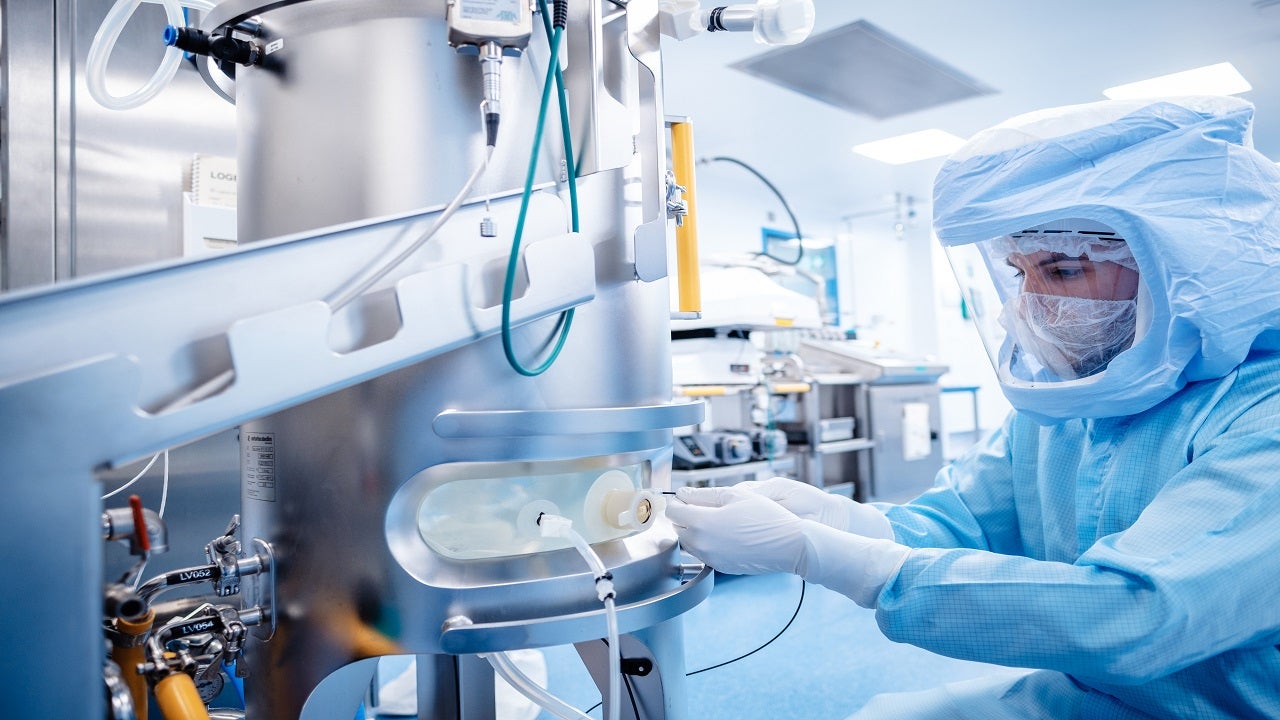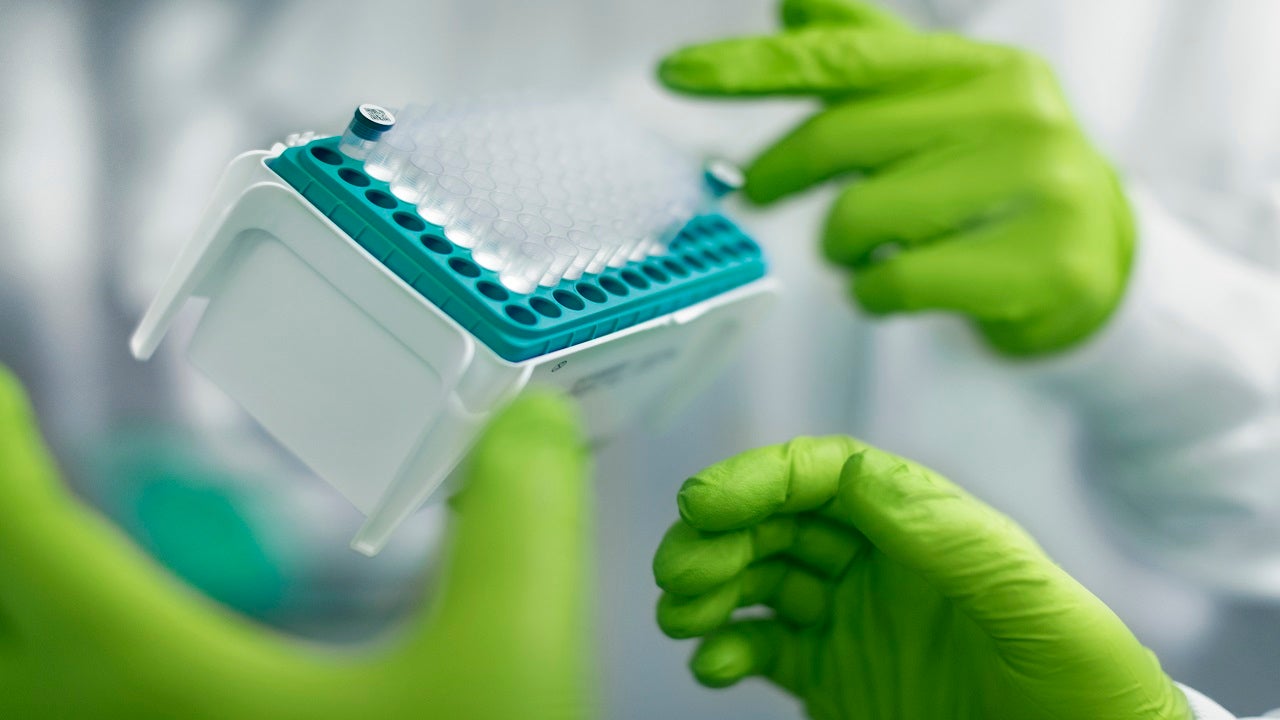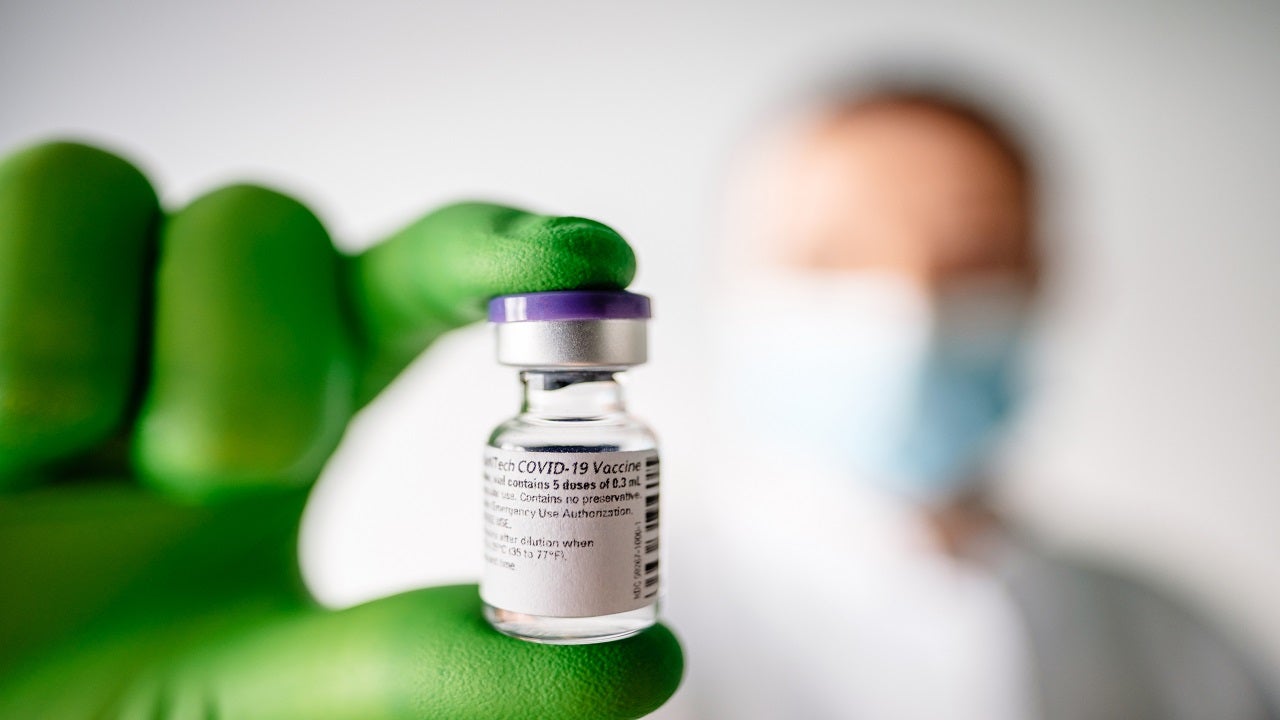BioNTech’s manufacturing site in Marburg, Germany, will be used for the production of its Covid-19 vaccine candidate, BNT162.
Based on BioNTech’s proprietary mRNA technology, the BNT162 vaccine was developed by the company in partnership with Pfizer.
The manufacturing site was acquired by BioNTech from Swiss pharma company Novartis in September 2020 to expand its production capacity to produce a potential vaccine for the treatment of the novel coronavirus.
The company pursued the acquisition to accelerate its efforts to expand the commercial production capacity of the BNT162 mRNA Covid-19 vaccine candidate.
The site will be among the largest mRNA manufacturing facilities worldwide. Expected to produce up to 750 million doses of the Covid-19 vaccine, it started production in February 2021.
BioNTech plans to manufacture up to 250 million BNT162b2 doses in the first half of 2021. The first batch of vaccines produced at the Marburg site is expected to be delivered in April 2021.
BioNTech’s Covid-19 vaccine manufacturing facility location
The Covid-19 vaccine manufacturing facility is located in a life science industry park, which houses more than ten companies with a total workforce of 6,000 employees.
The industrial park is one hour away from Frankfurt Airport and 90 minutes from the headquarters of BioNTech in Mainz, Germany.
Development of Marburg manufacturing facility
The Marburg facility has a long legacy of research and development. Previously known as Behringwerke, the site was established in 1904 by German physiologist Emil von Behring, who developed anti-toxins for diphtheria and tetanus.
The site has been involved in pharmaceutical and biologic research, including vaccine manufacturing.
Covid-19 vaccine manufacturing facility details
BioNTech’s Marburg site is a multi-platform good manufacturing practice (GMP) accredited manufacturing facility. It has approximately 300 employees. Manufacturing of vaccines in compliance with the GMP specifications is a requirement for the validity of the manufacturing processes by the European Medicines Agency (EMA).
The facility can develop recombinant proteins, as well as cell and gene therapies. It is equipped with cell culture laboratories and viral vector production capabilities, with scope for expansion in the future.
The company is planning to produce other mRNAs, antibodies, and cell and gene therapy vaccines at the Marburg facility to facilitate the development of its cancer and infectious disease drug pipeline.
It will use the site to meet the global demand for Covid-19 vaccines. The new site will provide BioNTech with in-house manufacturing capability for mRNA development and vaccine formulation.
BNT162 manufacturing process
The manufacturing process involves a series of steps, with the first step beginning in February 2021. The first step involves the manufacture of mRNA, the active pharmaceutical ingredient (API) of the BNT162 Covid-19 vaccine.
A sole mRNA batch of the current scale can be used to manufacture approximately eight million doses of the vaccine.
BioNTech received a manufacturing licence from the Darmstadt Regional Administrative Council for the amended Marburg site.
The mRNA will be purified and concentrated after initial production. The next stage after the completion of mRNA production is the production of lipid nanoparticles (LNP) by mixing mRNA with different lipids.
Quality tests and validation
The drug product will undergo further purification before it is shipped to a partner site for filling and finishing under sterile conditions.
It will be subjected to quality checks to verify its quality before the release. The finished product’s quality analysis is conducted at BioNTech’s Idar-Oberstein quality control laboratory and the official medicinal batch laboratory (Paul-Ehrlich-Institute in Germany). The manufacturing processes must be approved based on a review of quality and validation data by the EMA to enable the delivery of drug products from the site.
Data from the initial batches of production will be analysed using a centralised variation procedure coordinated by the EMA. The validation and data submission will be completed by March 2021. The first batches of the vaccine will then be transported to the partner sites to implement sterile fill and finish operations, subject to the receipt of approval from the EMA. The vaccines will then be delivered to the vaccination sites for supply to various governments.





